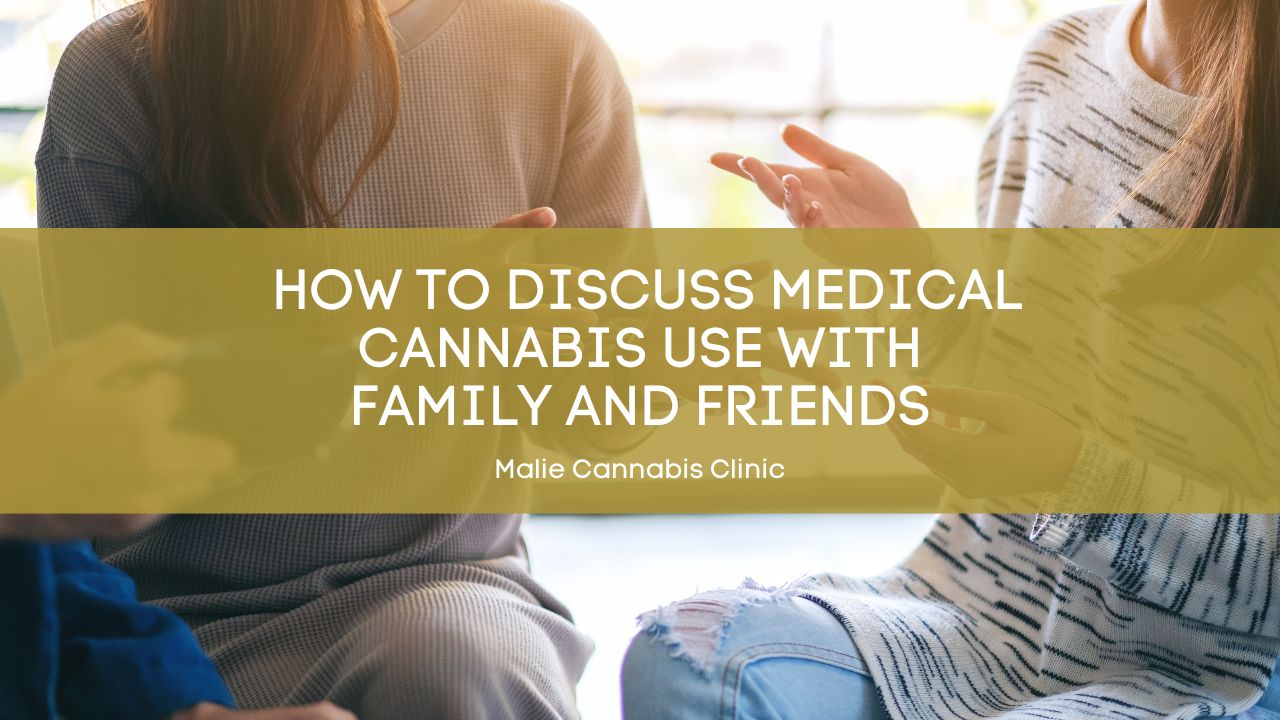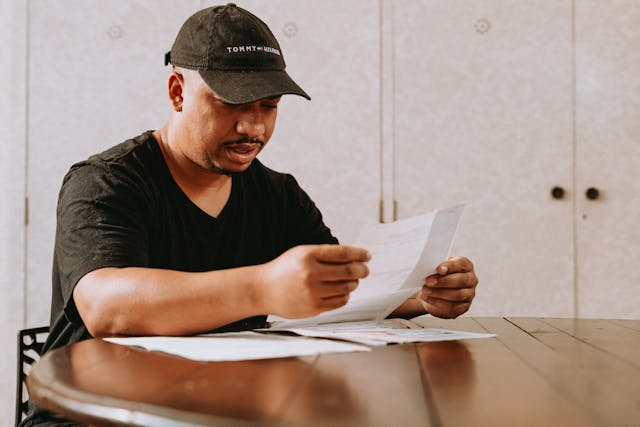
As medical cannabis becomes increasingly accepted and legalized in many parts of the world, including Hawaii, more people are turning to it for relief from a wide range of health issues.
Whether you're using medical cannabis to manage chronic pain, anxiety, or other medical conditions, sharing this decision with family and friends can be a delicate topic. While some might be open-minded and supportive, others may have reservations or misunderstandings about medical cannabis use.
Here’s a guide on how to discuss your medical cannabis use with loved ones, helping you navigate potentially sensitive conversations with care and respect.
1. Prepare for the Conversation
Before bringing up the topic of medical cannabis with family or friends, it's essential to prepare yourself for the conversation. This includes understanding your own reasons for choosing medical cannabis, knowing the facts, and anticipating possible concerns or objections.
Know the Benefits and Legalities
In Hawaii, medical cannabis is legal for qualifying patients who have received a medical cannabis card from a healthcare provider. It’s important to be well-informed about the medical benefits and the legal process to reassure others that you're making a responsible decision.
Some of the qualifying conditions for medical cannabis in Hawaii include:
- Chronic pain
- Glaucoma
- Severe nausea
- Cancer
- PTSD
- Seizures, including epilepsy
- Palliative Care

Be prepared to explain that you’ve consulted with a medical professional and obtained your medical cannabis card legally. Having accurate information at your disposal will help dispel myths and alleviate concerns.
Understand Their Potential Concerns
Think about your family and friends and how they might perceive medical cannabis use. For some, cannabis is still associated with negative stereotypes or misconceptions.
They may worry about addiction, legal repercussions, or how cannabis could impact your health or lifestyle. Anticipate these concerns and be ready to address them with evidence-based information.
2. Choose the Right Time and Setting
Timing and environment are crucial when having potentially sensitive conversations. Choose a moment when your loved ones are relaxed and not preoccupied with other matters. Avoid bringing up the topic during stressful situations or family gatherings where emotions could already be high.
A private, calm setting can create an atmosphere of openness and understanding. It will also give everyone the space to express themselves without feeling judged or pressured. Whether it’s over a quiet dinner or during a casual conversation at home, ensure that the setting encourages thoughtful discussion.
3. Start with Empathy and Openness
When starting the conversation, lead with empathy and understanding. Recognize that medical cannabis might be a new or unfamiliar concept for some, especially if they have preconceived notions about its use. Opening the discussion with a non-confrontational tone can make the conversation smoother.

Here’s an example of how you could start the conversation:
"I wanted to talk to you about something that's been really helpful for me in managing my [condition]. I know there are different views on this, but I’ve decided to use medical cannabis, which was recommended by my doctor. I’d love to explain why it’s been helpful for me and answer any questions you might have."
This approach invites dialogue rather than argument, and it frames the conversation around your personal experience and the medical reasons behind your choice.
4. Focus on the Medical Benefits
One of the best ways to ease concerns is by focusing on the medical reasons for your cannabis use. Explain how medical cannabis has improved your quality of life. For example, if you're using it to manage chronic pain, anxiety, or nausea, share how it's helping you achieve relief in ways other treatments couldn’t.
For example:
"Since using medical cannabis, I’ve been able to sleep better and manage my anxiety more effectively. It’s given me a sense of control over my health that I didn’t have before."
Emphasizing the therapeutic benefits can help your loved ones see that this is a medical decision, not a recreational one.
5. Acknowledge the Stigma, But Provide Reassurance
Cannabis has historically been stigmatized, and many people still hold outdated views of it as a dangerous or harmful substance. Acknowledge that this stigma exists and recognize that it can be difficult for some to overcome these misconceptions.
However, provide reassurance that medical cannabis is different from recreational use and that it’s highly regulated in Hawaii.
You could say something like: "I know there’s a lot of stigma around cannabis, and I used to have my own reservations. But after learning about the medical side and how it’s helping people with conditions like mine, I feel confident in my decision."
This shows that you’ve thought carefully about the choice and are aware of the concerns, but it also affirms that your decision is grounded in health and well-being.
6. Provide Educational Resources
If your family and friends express skepticism, offering them reliable educational resources can help. Encourage them to read up on the subject, especially from sources that explain medical cannabis from a scientific and legal perspective. Here are a few sources you could suggest:

- State of Hawaii Department of Health Medical Cannabis Program: Provides information on the legalities and qualifying conditions for medical cannabis in Hawaii.
- Project CBD: Project CBD offers educational articles about CBD and cannabis in medicine.
- National Institute on Drug Abuse (NIDA): Covers research and facts about cannabis use and its effects.
By providing credible resources, you can help [dispel myths](https://www.maliecannabisclinic.com/13-medical-marijuana-myths[]()) and encourage your loved ones to approach the subject with an open mind.
7. Share Your Experience Over Time
As you continue using medical cannabis, keep your loved ones updated on how it’s helping you. Sharing your experiences can be a powerful way to show them the real-life benefits.
For example, if your chronic pain has improved or you’re sleeping better, let them know. Over time, they may come to see medical cannabis as a legitimate and effective treatment.
Conclusion
Talking to family and friends about medical cannabis use can be challenging, but it doesn’t have to be confrontational. By approaching the conversation with empathy, understanding, and a focus on the medical benefits, you can help your loved ones see why this treatment is important to you.
Remember, it’s okay if they need time to come around—what matters is that you’re prioritizing your health and well-being with the guidance of a medical professional.
Whether you're managing chronic pain, anxiety, or another qualifying condition, medical cannabis offers a path to relief. If you're in Hawaii and are considering getting a medical cannabis card, remember that you're not alone in this journey, and resources are available to support you. Contact Malie Cannabis Clinic today if you have any questions!